Best Selling- Dog Memorial Stone
View all10 Best Tips for Sending Thoughtful Pet Loss Condolences on the Loss of a Dog
The bond between humans and their dogs is nothing short of extraordinary. These faithful companions serve as more than just pets; they are our confidantes, our guardians, and our family members, sharing in our joys and standing by us in times of sorrow. In this symbiotic relationship, dogs give us their unwavering love and loyalty, making them an irreplaceable part of our lives. The profound depth of this bond highlights the importance of extending pet loss condolences when someone experiences the loss of their beloved canine companion.
Losing a dog is an event that brings about profound sorrow and grief. It's a pain that's akin to losing a close family member. The affectionate gaze that once warmed our hearts, the wagging tail that expressed boundless joy, and the comforting presence that was a constant in our lives - their absence leaves a gaping void that is hard to fill. The grief that accompanies this loss can be overwhelming, making it a time of remarkable emotional vulnerability.
In these moments of heartache and sorrow, it is crucial to acknowledge the grieving person's pain and extend our support. Offering pet loss condolences is a way to validate the immense grief they are feeling, providing comfort during a time of great emotional turmoil.
Such expressions of sympathy and support provide persons in mourning comfort in knowing they are not experiencing their loss alone. This blog will instruct you on how to convey your condolences in a considerate and kind manner so that those grieving the loss of a canine companion may find solace in your words.

Understanding the Depth of Pet Loss
The Emotional Bond People Often Form With Their Pets
The emotional bond that develops between people and their pets, particularly dogs, is both profound and unique. Pets become our companions, confidants, and sources of unconditional love. They celebrate our joys, comfort us in our sorrow, and provide silent support when words fall short. This bond transcends the usual pet-owner relationship, evolving into something more meaningful and deep-rooted.
How Losing A Pet Can Impact One's Daily Routine And Emotional Health
The loss of a pet, consequently, can severely disrupt one's daily routine and emotional health. For many, dogs are not just pets; they are an integral part of the family, their routines interwoven with ours.
The wagging tail that greeted you every morning, the evening walks that gave you both joy and relaxation or the quiet companionship while reading a book or watching television - these are patterns of life that leave a noticeable gap when gone. This absence can lead to emotions of emptiness, sadness, and even depression, underlining the severity of pet loss.
The Importance Of Understanding And Acknowledging This Depth Of Loss When Offering Condolences.
When we comprehend the intensity of pet loss, we are better able to express condolences that are sincere and considerate of the person's pain. When expressing condolences, it is crucial to understand the value of the relationship that the pet owner shares with their pet as well as the profound impact that the pet's death can have on the owner's life.
It's about losing a cherished friend and member of the family, not "just a pet." By realizing this, we may provide folks who are grieving the loss of their pet with sincere assistance and consolation.
10 Best Tips for Sending Thoughtful Pet Loss Condolences
Tip 1: Acknowledge their Loss

The first step towards offering comfort to someone dealing with the loss of a pet is acknowledging their loss. It's essential to validate the feelings they're experiencing and recognize the significance the pet held in their life. Remember, what may seem like "just a dog" to some, may have been a steadfast companion to the bereaved. A simple acknowledgment of this bond can provide immense comfort and show them that their grief is both understood and accepted.
There are several practical ways to express your acknowledgment of their loss. If you're not sure how to verbalize your sympathies, a thoughtful sympathy card can convey your condolences effectively. Consider including a heartfelt message acknowledging their pain and offering your support. If you have a closer relationship with the individual, a text message or phone call can offer immediate comfort. You could say something like, "I'm sorry for your loss. I know how much you loved [Pet's name]. I'm here for you."
If it's appropriate, and you feel comfortable doing so, an in-person visit can provide much-needed companionship during this difficult time. Remember to be patient, listen, and offer your presence and support. It's not about finding the right words to say; it's about showing empathy and understanding for their loss.
Tip 2: Listen and Let Them Share

In times of grief, one of the most helpful and healing things you can do is offer a listening ear. For many, expressing their feelings out loud can serve as a form of catharsis, helping them to process their emotions and memories. By providing a safe space for them to express their sorrow, you validate their feelings and affirm that their grief is crucial and understood.
Listening is a skill that requires patience, respect, and empathy. When you engage in a conversation with someone grieving the loss of their pet, your primary role is to listen. Allow them to share stories about their dog, to recall the happy memories, and to talk about their loss if they wish. Remember, it's not about trying to "fix" their pain, but about offering support and understanding.
Responding empathetically is crucial in these interactions. This means acknowledging their feelings rather than trying to offer solutions or silver linings. Simple, heartfelt responses like "I'm so sorry you're going through this," or "I can only imagine how hard it must be," can convey your sympathy more effectively than any advice. Nods and affirmations can also go a long way to show that you are truly hearing and understanding their feelings.
Offering to listen and letting them share is an act of kindness that can offer comfort to those dealing with the loss of a dog, showing them that they are not alone in their grief.
Tip 3: Share a Memory of the Pet

Sharing cherished memories of the pet can offer comfort during a pet owner's grieving process. It validates the significant place the dog held in their life and the lives of others. Each memory serves as a celebration of the pet's life and the joy it brought.
If you have a special memory of the pet, share it. Even simple moments like the dog's cheerful antics or the unique way it showed affection can remind the grieving owner of the love and happiness their pet brought. Sharing these memories highlights the dog's importance and the lasting impact it had.
Such shared moments offer comfort to the pet owner by focusing on the joyous times, rather than the loss. It's a gentle reminder that their beloved pet was cherished and will be remembered. When sharing, be sensitive and ensure the pet owner is ready to reflect on such memories.
Tip 4: Avoid Clichéd Sentiments

In an attempt to comfort, people often resort to clichéd sentiments. Phrases such as "he's in a better place" or "you can get another dog" may be well-intentioned, but they can inadvertently trivialize the loss and be more hurtful than comforting. Such statements can seem dismissive of the unique bond between the owner and the pet, suggesting that the loss is easily remediable or that their dog is replaceable.
Use words that respect their suffering and validate their loss rather than clichés. When someone is grieving, comforting remarks like "I know how much you loved [Pet's name]" or "I'm here for you during this tough time" can be made without downplaying the gravity of their loss. Expressing your grief for the loss, such as by stating, "I, too, will miss [Pet's name]." They may also benefit from hearing, "He/She was a beautiful dog."
Always keep in mind that the goal is to offer comfort and knowledge. Being genuine, sympathetic, and appreciative of the exceptional pain that comes with losing a pet are the keys to resolving this.
Tip 5: Offer Practical Support

During times of grief, daily tasks can feel overwhelming. Offering practical assistance can provide substantial relief to grieving pet owners. This support can take different forms, like delivering a meal, helping with housework, or assisting with the care of other pets. Such gestures can help reduce the burden of daily responsibilities, giving them the space to grieve.
You might say, "I'd like to bring you dinner this week," or offer to run some errands. If they have other pets, offering to help care for them can be especially helpful. Be specific in your offers, indicating that your intentions are sincere.
However, remember to respect their personal space and privacy. Some people may prefer solitude during this period, while others may appreciate the company and support. Always ensure your assistance aligns with their preferences. Striking a balance between providing support and respecting personal boundaries is essential in helping a grieving pet owner.
Tip 6: Suggest a Tribute

Creating a tribute for a departed pet can be a meaningful way to cope with loss and commemorate the special bond shared with the pet. It offers a tangible means to express grief, remember the pet, and celebrate its life. By creating a tribute, the pet owner can turn their sorrow into something beautiful that honors the life of their beloved dog.
There are many forms a tribute can take. One possibility is a photo album filled with cherished memories of the pet, a visual testament to the joy and companionship it brought. Another option could be a dedicated spot in the garden, perhaps planting a tree or a favorite flower in the dog's memory.
A tribute could also extend beyond the owner's sphere. For example, a donation to a pet charity in the dog's name can help other animals and serve as a lasting legacy for the pet. Or, if the dog had a favorite park or trail, organizing a cleanup day in their honor can be a wonderful tribute.
Suggesting a tribute gives the grieving pet owner a chance to actively celebrate their pet's life and cope with their loss in a constructive, therapeutic way.
Tip 7: Respect Their Grief Timeline

Grief is a deeply personal experience, unique to every individual. It's important to understand that there is no standard timeline for grieving the loss of a pet. For some, the sense of loss may ease after a few weeks, while others may experience the impact of their loss for many months or even years.
When supporting someone through the loss of their dog, it's crucial to respect their individual grief timeline. Just as we all love in our unique ways, we all grieve differently too. It's essential not to rush them through their emotions or expect them to "move on" in a set period.
Instead, continue to provide your support even if their grieving process takes longer than you expect. Offer regular check-ins, deliver a listening ear, or simply reassure them with words of comfort. While the intensity of their grief may fade over time, the love they held for their pet and the hole that its loss leaves may always be a part of them. Be patient, be supportive, and most importantly, be there for them, no matter how long they need.
Tip 8: Use Pet's Name

One simple yet powerful way to acknowledge and validate a person's loss is to use the pet's name when offering condolences. This small detail personalizes your messages of sympathy and serves to affirm the unique identity and significance of the pet.
A dog is not just a pet to its owner. It's a cherished companion with a name, a personality, and a special place in their heart. When you use the pet's name, it acknowledges that individuality and signifies recognition of the deep bond between the pet and its owner.
Saying, "I'm sorry for your loss of [Pet's Name]" or "I know how much you loved [Pet's Name]" makes your condolence more personal and heartfelt. It's an acknowledgment that the pet was not just any dog, but a significant part of their life that will be deeply missed. It shows that you understand their loss is profound and unique, offering comfort and validation in their time of grief.
Tip 9: Consider a Sympathy Gift

A thoughtful sympathy gift can be a touching gesture to someone mourning the loss of their dog. It communicates your empathy and offers a tangible reminder of your support during their time of grief.
Options for a sympathy gift might include personalized pet memorabilia, such as a custom portrait of their pet or a memorial stone with the pet's name. You could also consider a beautifully framed photo of the pet, a keychain with their pet's photo, or a piece of jewelry that contains their pet's birthstone.
Alternatively, a plant can be a wonderful sympathy gift. Just as a plant requires care and time to grow, so does the process of healing from loss. A plant can symbolically represent this journey, providing a living memorial to their pet that continues to grow and flourish.
When considering a sympathy gift, ensure it aligns with the pet owner's comfort level and preferences. What might be comforting to one person could be painful for another. If in doubt, it's perfectly okay to ask them directly if they would appreciate such a gift. In all things, respect for their feelings and their grieving process should be paramount.
Tip 10: Check in Regularly

The pain of losing a pet can be long-lasting, and continued support is often greatly appreciated by those who are grieving. While the loss might be most acutely felt in the initial days and weeks, the absence of a beloved pet can continue to be a source of sorrow for a long time afterward. Regularly checking in shows that you acknowledge their ongoing pain and are there to support them over the long haul.
There are many ways to check-in, and your approach should be guided by the person's preferences and your relationship with them. A simple text message or call to ask how they're doing can go a long way. You might say, "I know it's been a few weeks, but I wanted to let you know I'm still here for you."
At other times, a handwritten note or card could offer a more tangible expression of your ongoing support. It's a reminder that even as time passes, you haven't forgotten their loss.
However, always remember to respect their space. If they're not up to talking or if they don't respond, don't take it personally. It's essential to provide support without being intrusive, letting them lead the way in terms of how much interaction they want.
Final Thoughts
The loss of a dog can be a profoundly painful experience, akin to losing a family member. Providing thoughtful, empathetic support to someone grappling with this loss is both a kindness and a responsibility. It's crucial to validate their feelings, acknowledge the depth of their loss, and offer your support in a manner that aligns with their preferences and comfort levels.
We've explored a variety of tips to help you navigate this delicate task, from acknowledging their loss and listening to their stories, to suggesting a tribute and checking in regularly. Each of these steps offers a different way to express your condolences thoughtfully and meaningfully, demonstrating your understanding and empathy during their time of grief.
We'd now want to hear from you. Have you had any encounters that could assist people in expressing their sympathies for the loss of a pet? Do you have any further recommendations to add to our list? Please share your ideas and experiences in the space below.
And if you've found this tutorial useful, please forward it along to others who might find it useful. By sharing the information, we may all be better equipped to provide people who are mourning the loss of cherished pets with sympathetic assistance. Keep in mind that someone's life can be drastically changed by your kindness.


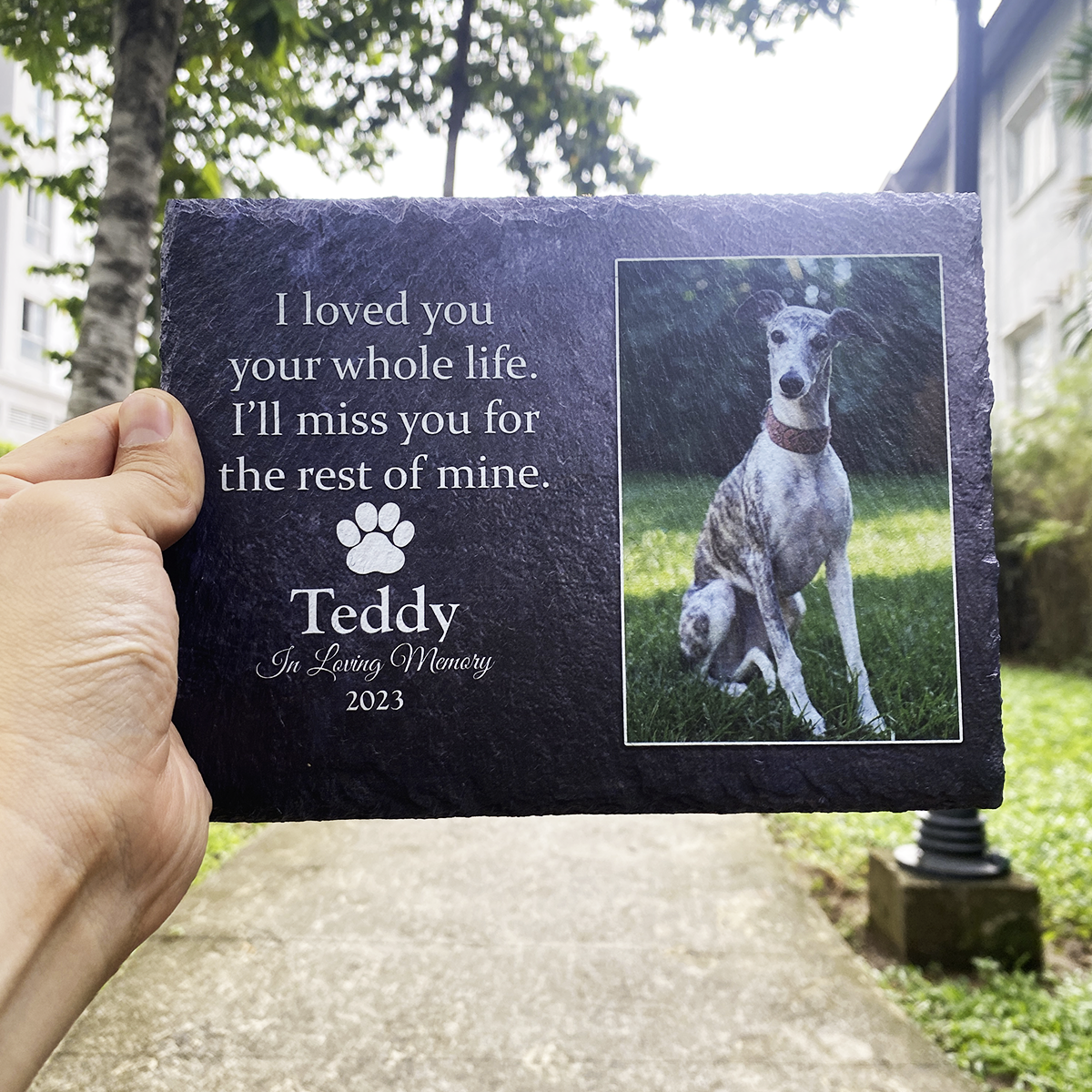
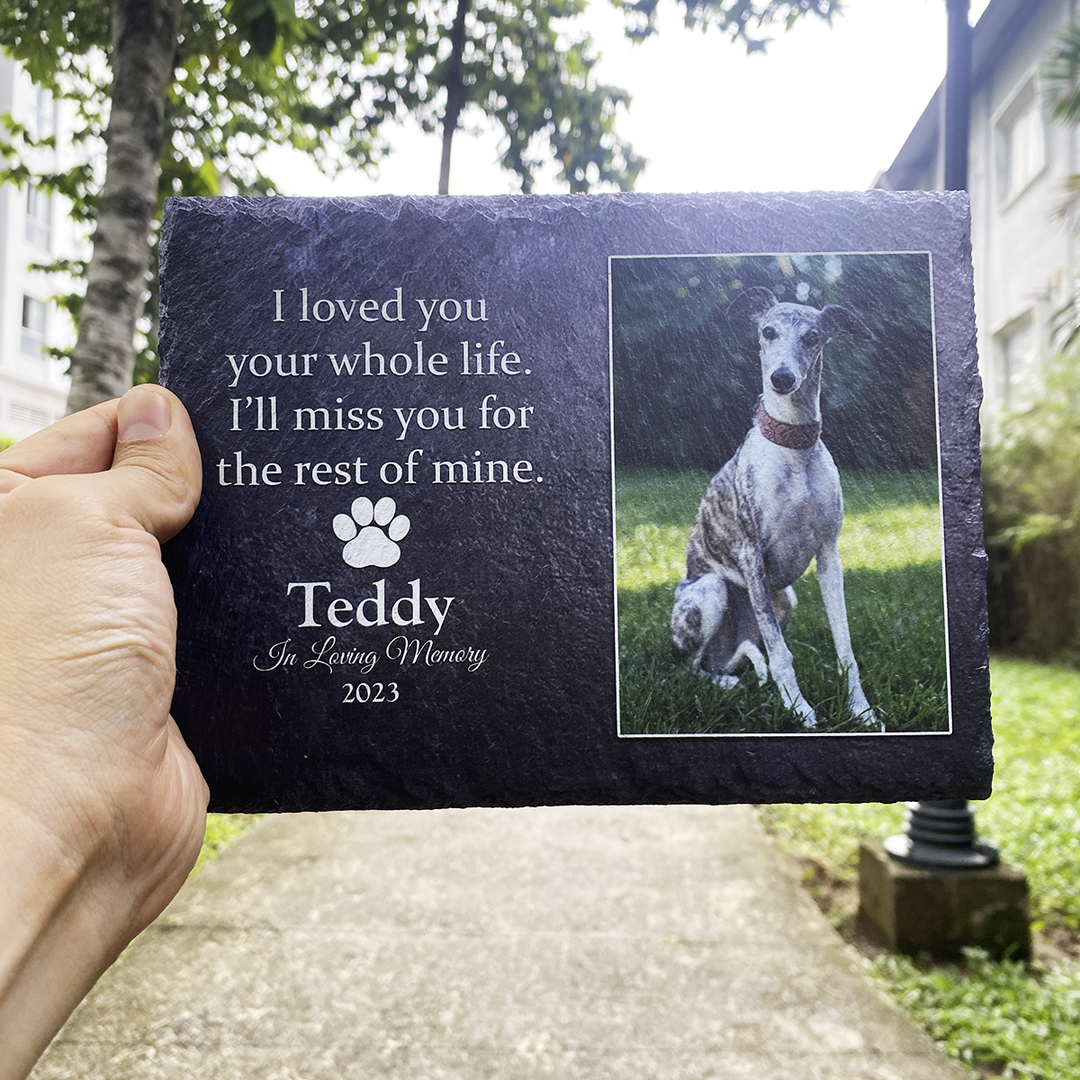

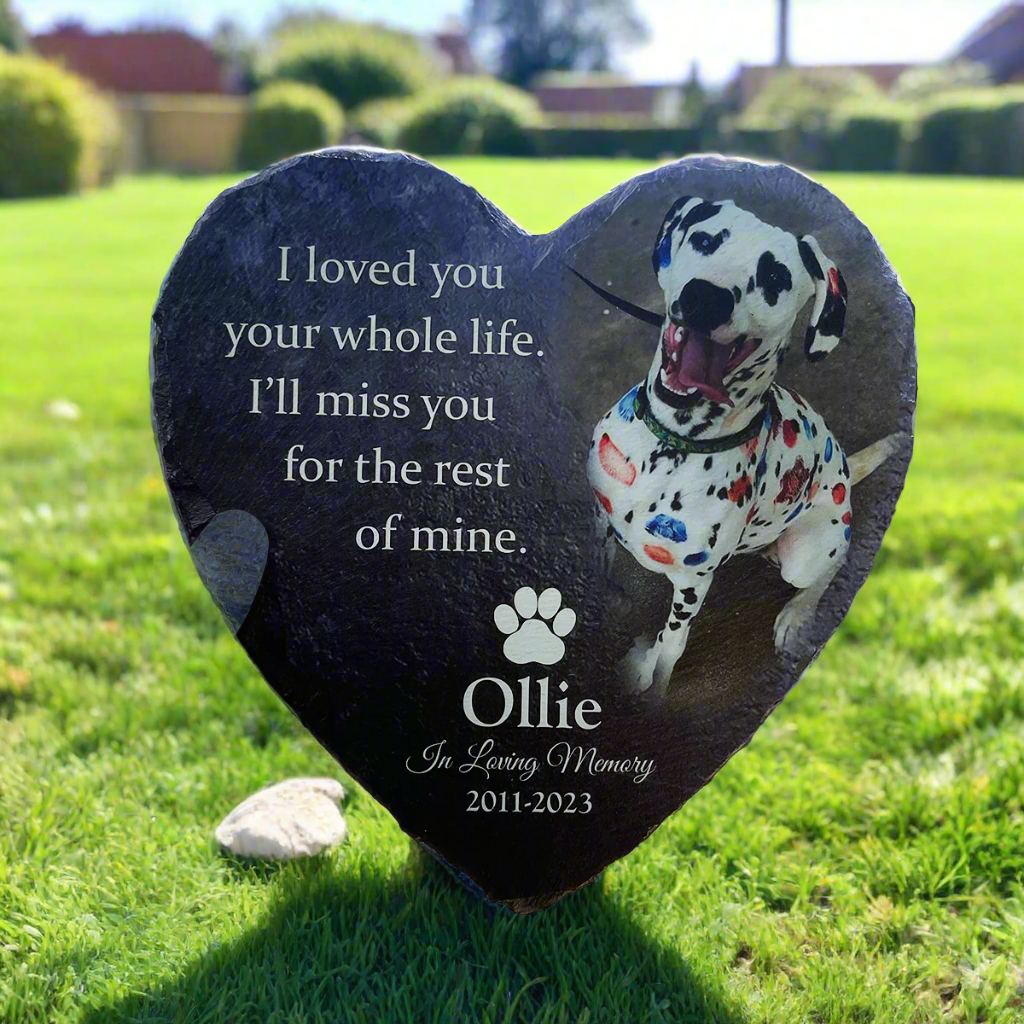

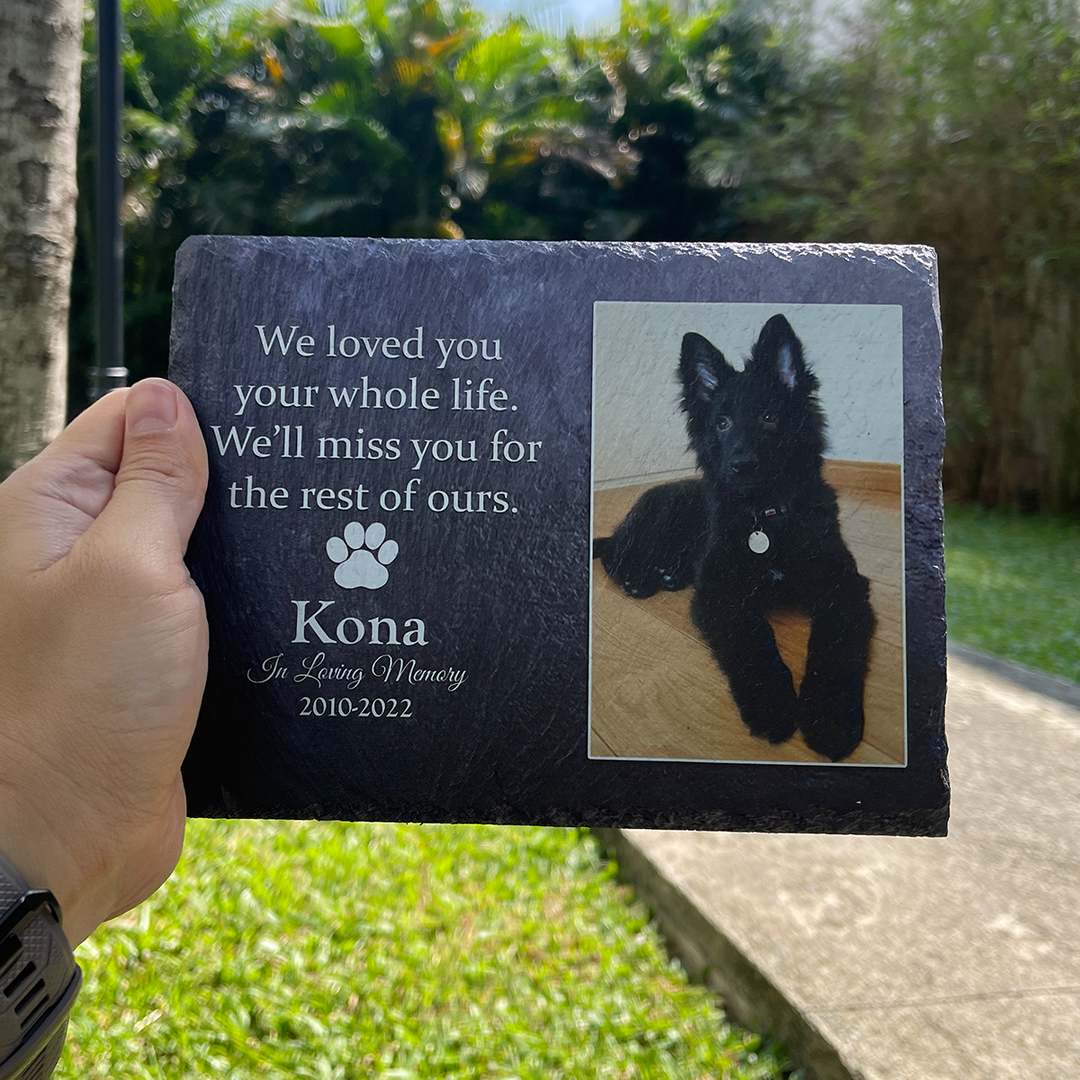

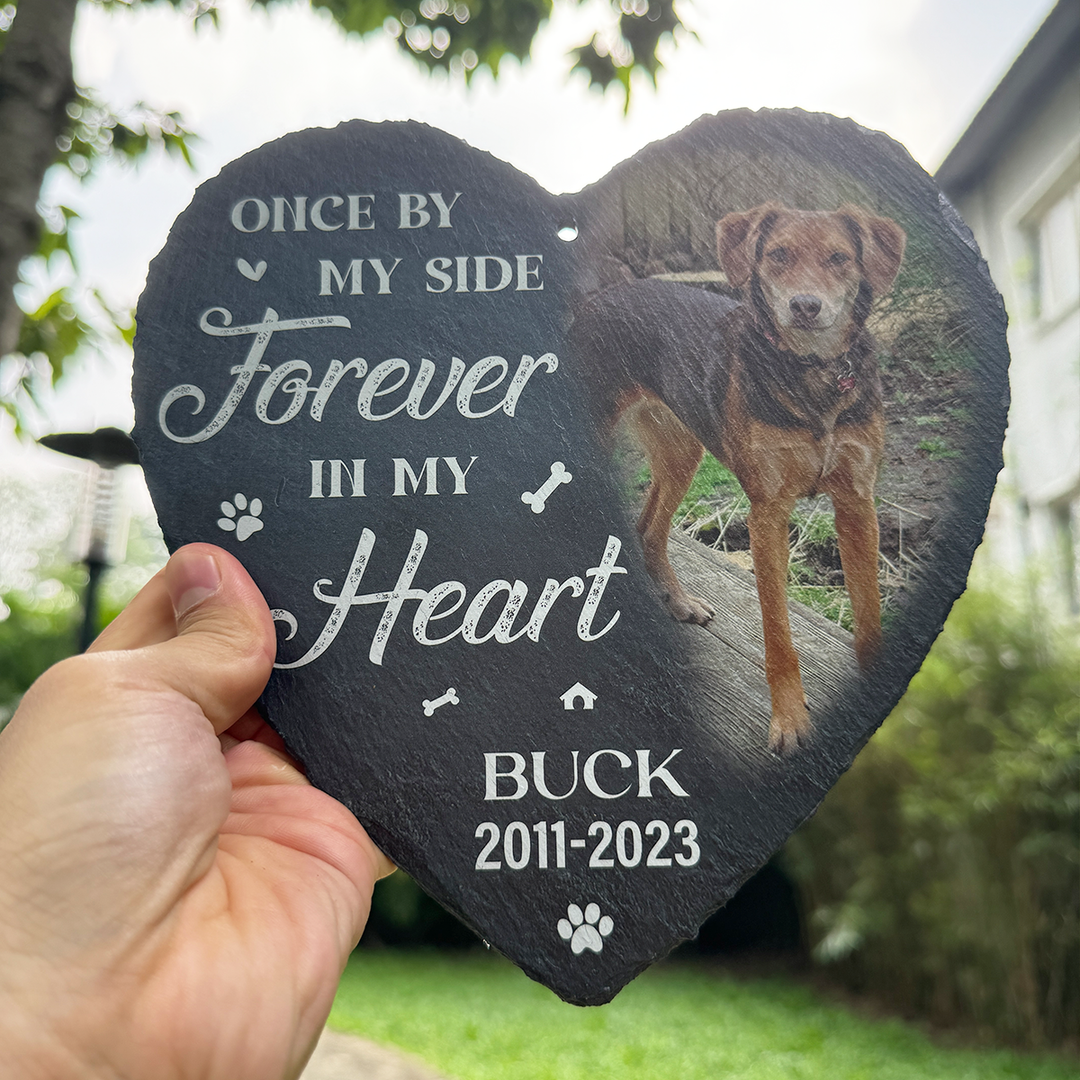

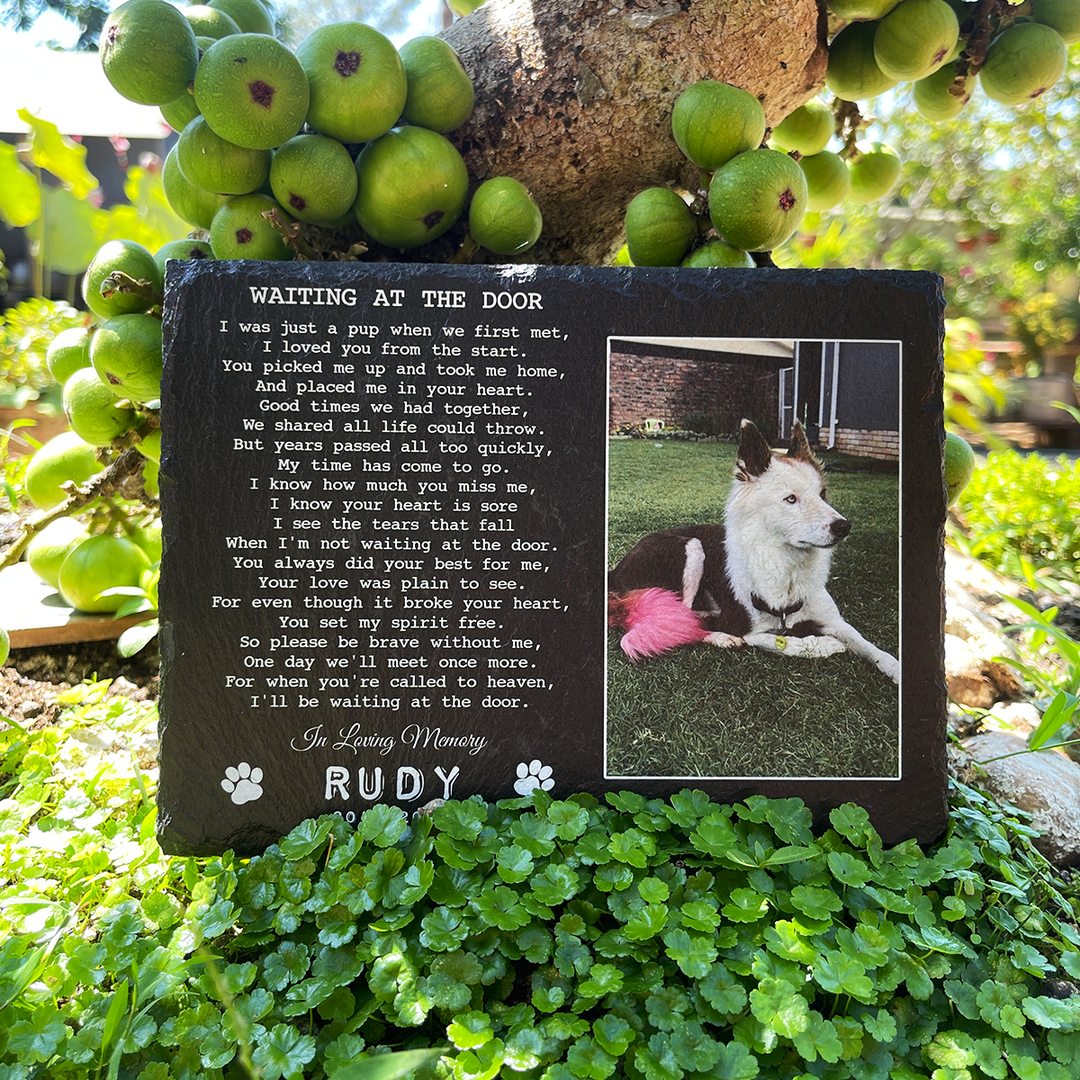


Leave a comment